 (Nederlandse tekst volgt hieronder) Seymour M. Hersh (1937) first wrote for The New Yorker in 1971 and has been a regular contributor to the magazine since 1993. His journalism and publishing awards include the Pulitzer Prize, five George Polk Awards, two National Magazine Awards, and more than a dozen other prizes for investigative reporting.
(Nederlandse tekst volgt hieronder) Seymour M. Hersh (1937) first wrote for The New Yorker in 1971 and has been a regular contributor to the magazine since 1993. His journalism and publishing awards include the Pulitzer Prize, five George Polk Awards, two National Magazine Awards, and more than a dozen other prizes for investigative reporting.
In 2004, Hersh exposed the Abu Ghraib prison scandal in a series of pieces in the magazine; early in 2005, he received the National Magazine Award for Public Interest, an Overseas Press Club award, the National Press Foundation’s W. M. Kiplinger Distinguished Contributions to Journalism award, and his fifth George W. Polk award, making him that award’s most honored laureate.
Hersh graduated in 1958 from the University of Chicago. He began his newspaper career as a police reporter for the City News Bureau of Chicago. After serving in the Army, Hersh worked for a suburban newspaper and then for UPI and AP until 1967, when he joined the Presidential campaign of Eugene J. McCarthy as speechwriter and press secretary.
In 1969, he exposed the My Lai massacre and cover up during the Vietnam War; his work earned him the 1970 Pulitzer Prize for International Reporting. Hersh joined the New York Times in 1972, working in Washington and New York. He left the paper in 1979 and has been a freelancewriter since, with two six-month stints on special assignment to the Times’s Washington bureau.
Hersh has published eight books, most recently, “Chain of Command,” which was based on his reporting for The New Yorker on Abu Ghraib. His book prizes include the 1983 National Book Critics Circle Award, the Los Angeles Times award for biography, and a second Sidney Hillman award, for “The Price of Power: Kissinger in the Nixon White House.”
Hersh has also won two Investigative Reporters & Editors prizes, one for “The Price of Power,” in 1983, and the other for “The Samson Option,” a study of American foreign policy and the Israeli nuclear bomb program, in 1992.
In 2004, Hersh won a National Magazine Award for public interest for his pieces “Lunch with the Chairman,” “Selective Intelligence,” and “The Stovepipe.”
Hersh is married, with three children, and lives in Washington, D.C.
En dan dit….
Seymour Hersh is een van de vooraanstaande Amerikaanse onderzoeksjournalisten en hij publiceert nog volop. Begin juli beschreef hij in een uitvoeringe bijdrage in The New Yorker, nieuwe stappen die de Amerikaanse regering nam met geheime operaties in Iran.
Hersh schreef onthullende publicaties over de oorlog in Irak en geldt als een criticaster van de Bush-regering. In oktober 2007 was hij in Groningen voor de 25e Van der Leeuw-lezing. Hij begon zijn bijdrage met: ‘I come before you counting days, as I have every morning and night for the past few years. The bad news is that on today, October 26, there will be four hundred and fifty?one days left in the reign of King George Bush the II. The good news is that tomorrow morning, when we all awake, there will be one less day. And that is pretty much the extent of the good news.’
“Documents are dead”, zou ooit uit zijn mond zijn opgetekend, verwijzend naar zijn overtuiging dat werkelijk belangrijke informatie nooit in documenten zal zijn vastgelegd, maar slechts mondelig verkregen wordt. Zijn werkwijze is daarop afgestemd: het spreken van bijzonder veel bronnen, die voor een deel anoniem zijn artikelen onderbouwen. Het veelvuldig gebruik van anonieme bronnen komt hem ook bij tijd en wijle op kritiek te staan; informatie controleren wordt daardoor lastig. Het is een werkwijze ook die past bij de Amerikaanse traditie van onderzoeksjournalistiek.





